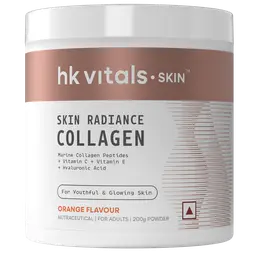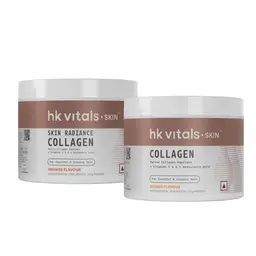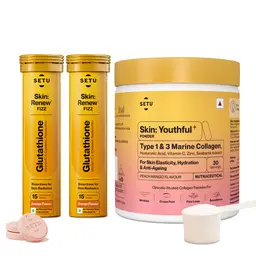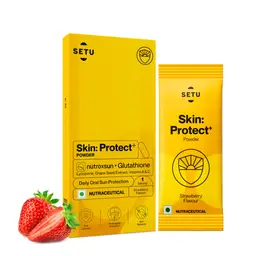A Comprehensive Guide On How To Reduce Pigmentation
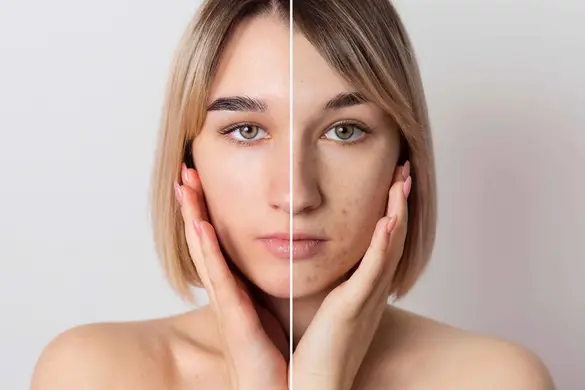
A Comprehensive Guide On How To Reduce Pigmentation
Posted on 30th Oct, 2024
A major 80% of the Indian population, whether teens or adults face skin pigmentation in the form of dark spots and uneven skin tone. While pigmentation can be complex, the right daily habits and targeted care can keep it under control.
This guide offers manageable and easy steps to manage and prevent pigmentation effectively.
Daily Routine For Pigmentation Treatment
Maintaining a structured daily routine, divided into morning, midday, and evening steps, can significantly affect pigmentation treatment. Here’s a simplified, structured guide for morning, noon, and evening care.
Phase 1: Morning Skincare Routine (Hours 1–4)
- Cleanse Your Skin (2 Minutes)
Start with a gentle cleanser to remove impurities, and use an exfoliating cleanser once or twice a week to promote cell turnover. Exfoliation also removes dead skin buildup, which worsens pigmentation.
- Hydrate First (500ml of Water)
Begin your day with 500ml of water to boost hydration, and flush out toxins to achieve glowing skin.
- Sun Exposure (10–15 Minutes Between 7–9 AM)
Morning sunlight can benefit skin repair, but always apply a broad-spectrum sunscreen with at least SPF 15 before going outside to shield against UV rays that worsen pigmentation.
- Face Yoga (20–30 Minutes)
Practice face yoga to stimulate blood flow, reduce dark spots, improve skin tone, and reduce stress-related pigmentation over time.

Phase 2: Midday Routine (Hours 5–13)
- Stay Hydrated Throughout the Day
Aim to drink 2 - 3 liters of water daily, as hydration can support skin elasticity and reduce the appearance of hyperpigmentation.
- Antioxidant-Rich Lunch
Focus on antioxidants-rich foods, to fight off oxidative stress, a major pigmentation trigger.
Example: Vitamin C foods: Tomato, Amla, Oranges
Leafy greens: Spinach, kale
Carotenoid-rich vegetables: Carrots, sweet potatoes
- Reapply Sunscreen Every 2–3 Hours
Consistently reapply sunscreen throughout the day, especially if outdoors, to protect against pigmentation.
- Take a Post-Meal Walk (10–15 Minutes)
Gentle movement after meals balances blood sugar and enhances circulation, supporting skin repair.
Phase 3: Evening Skincare Routine (Hours 14–24)
- Double Cleanse (If Wearing Makeup)
Start with an oil-based cleanser, followed by a gentle water-based cleanser to remove makeup and impurities.
- Apply Moisturiser and Prescribed Treatments
Apply moisturizer and targeted serums to provide nourishment to the skin and let it repair overnight.
- Oral Antioxidant Supplements
Try oral supplements like Vitamin E, Vitamin C, and Omega-3s to help combat oxidative stress from within, aiding in pigmentation reduction.
- Sleep Optimally (7–9 Hours)
Aim for a restful 7–9 hours to allow the skin to regenerate overnight.
What Are The Causes of Pigmentation on the Face?
For a successful pigmentation treatment, it is important to understand the causes of pigmentation. The primary factors that contribute to hyperpigmentation and pigmentation are:
- Sun Exposure: UV radiation from the sun increases melanin production, leading to pigmentation.
- Hormonal Changes: Hormonal changes during pregnancy, menopause, or birth control use can trigger melanin production, causing pigmentation issues like melasma.
- Skin Inflammation: Skin injuries, including acne scars, can result in post-inflammatory hyperpigmentation (PIH) as the skin heals.
- Medical Conditions: Certain genetic conditions, such as vitiligo or albinism, affect melanin production and can lead to pigmentation variations.
Takeaway For Pigmentation Treatment at Home
Incorporate Skin-Boosting Supplements such as vitamins C, E, and B12 to promote collagen production, lighten dark spots, and inhibit melanin production.
Consume a balanced diet rich in antioxidants, including fruits, vegetables, and whole grains to promote skin health and reduce inflammation.
Improve hydration to keep your skin moisturized and functioning optimally, which is crucial for reducing hyperpigmentation.
Practice stress management by engaging in mindfulness practices, like yoga, to reduce pigmentation issues.

Health articles from our experts

Revitalize your Dull Skin with Amla and ABC Juice
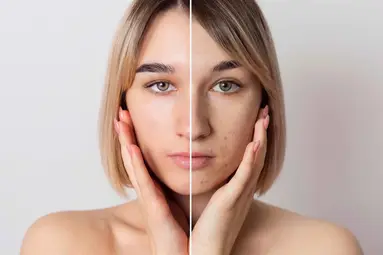
A Comprehensive Guide On How To Reduce Pigmentation
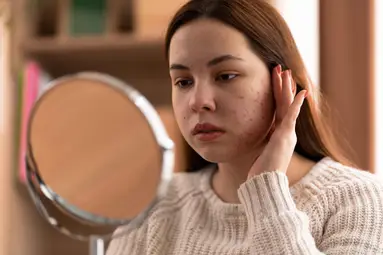
A Comprehensive Guide To Prevent Acne
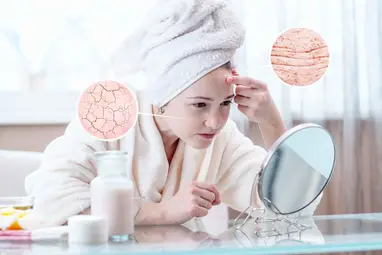
Skincare Tips for Different Seasons - Adapting Your Routine to Weather Changes

CoQ10 for Skin: Benefits & Ways to Use It

5 Best Benefits Of Ashwagandha For Skin

10 Foods Rich In Glutathione

12 Best Collagen-Rich Food

Top 9 Biotin Rich Foods



